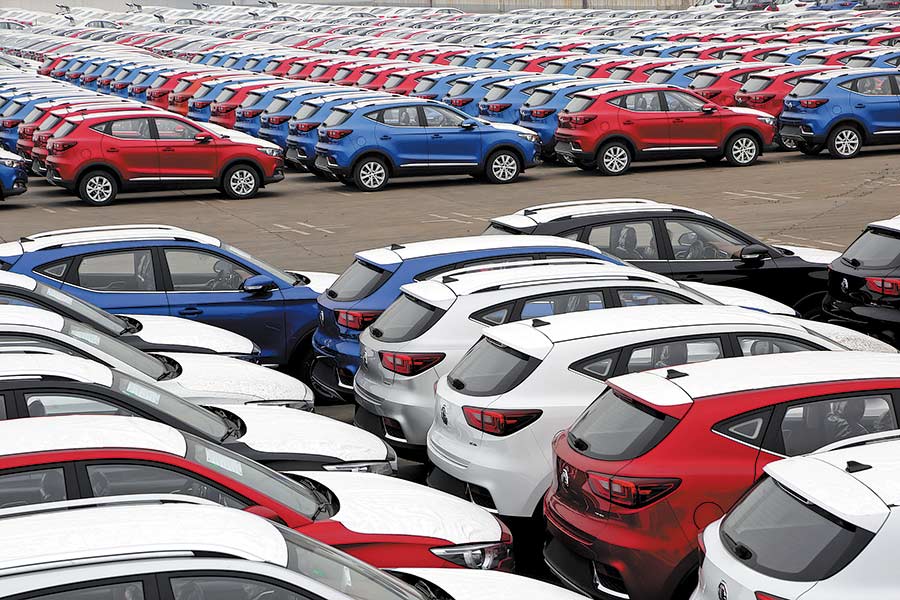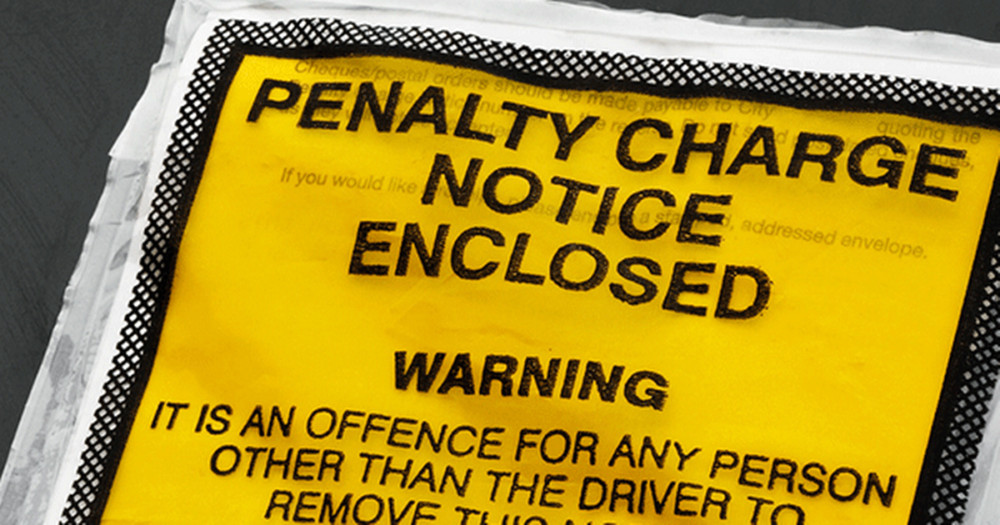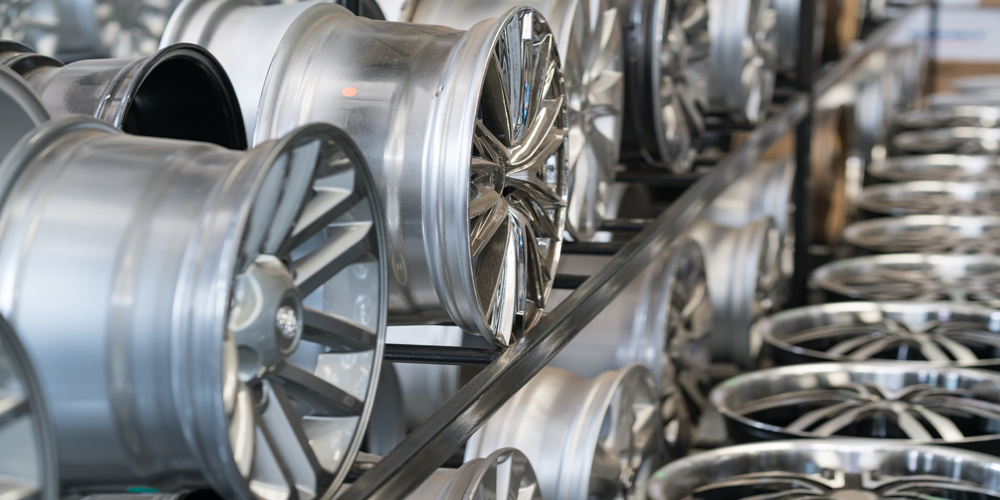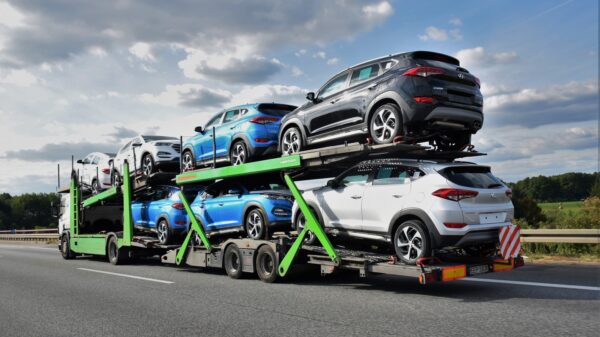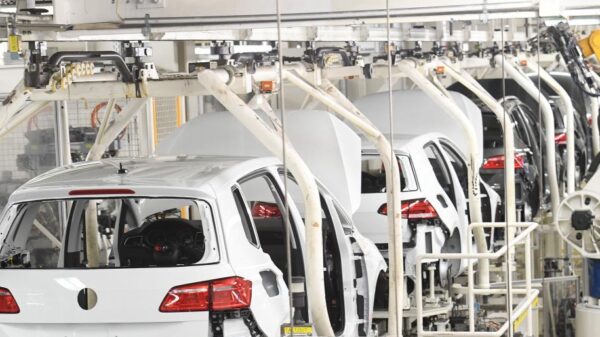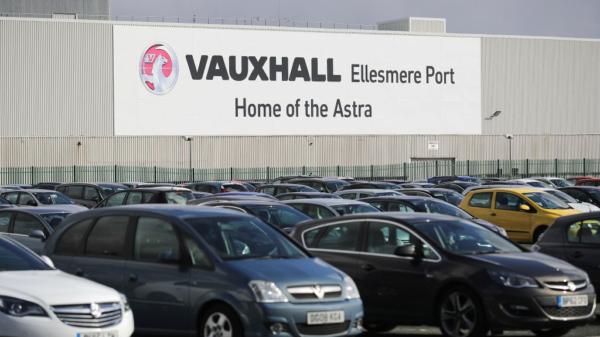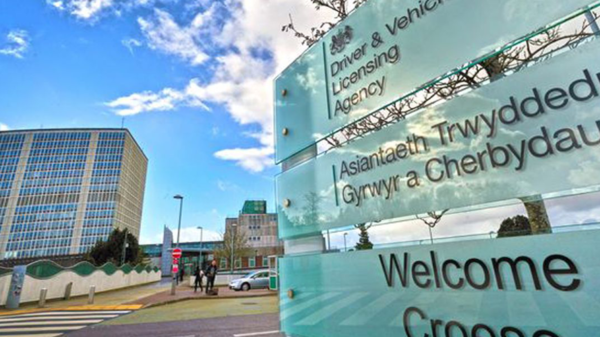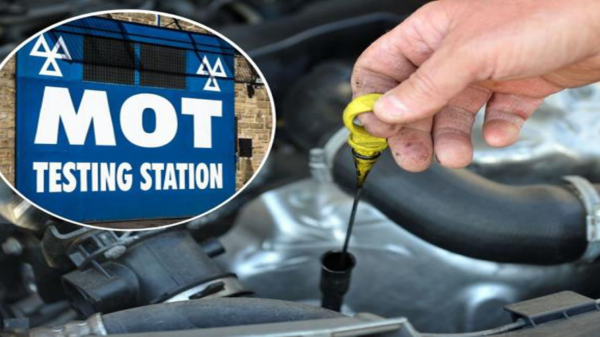New Car Market Continues Downward Trend
UK new car registrations declined -6.7% last month, according to figures released today by the Society of Motor Manufacturers and Traders (SMMTSMMTSMMT). 10,348 fewer cars were registered than in October last year, reflecting a tough environment for businesses and consumers as economic and political uncertainty continued to impact confidence.
The decline was driven by falling demand from private consumers, with registrations down -13.2%. Business demand also fell, while fleet registrations remained stable at +0.3%.
According the Society of Motor Manufacturers and Traders:
> UK new car registrations fall -6.7% in October, as consumer confidence remains weak.
> Private demand sees significant drop, down -13.2%, while fleet demand remains stable.
> Alternatively fuelled vehicles reach record 9.9% market share with 14,231 registered.1
> Year-to-date market down -2.9% with 58,897 fewer cars registered than in October 2018.
There was a mixed picture across body types, with the popular supermini segment experiencing a substantial decline (-23.4%), while dual-purpose and small family car registrations grew +7.1% and +3.3% respectively.
Registrations of diesel cars fell for the 31st month, down -28.3%, while petrols also declined, by -3.2%. Bucking the overall trend, electrified cars continued to grow in popularity. Hybrid electric cars increased by a considerable +28.9%, with 7,950 leaving showrooms, as battery electric vehicle registrations almost tripled, up +151.8% to 3,162 units. Plug-in hybrids, however, fell just short of their positive performance in the same month last year, down -1.7%.3 Combined, alternatively fuelled vehicle registrations reached 9.9% market share in the month – the highest on record, up from 6.9% last year.
Year to date, the new car market remains in decline, down -2.9% on the first 10 months of 2018. The fall reflects continued uncertainty over diesel and clean air zones, stunted economic growth and uncertainty over Brexit.


